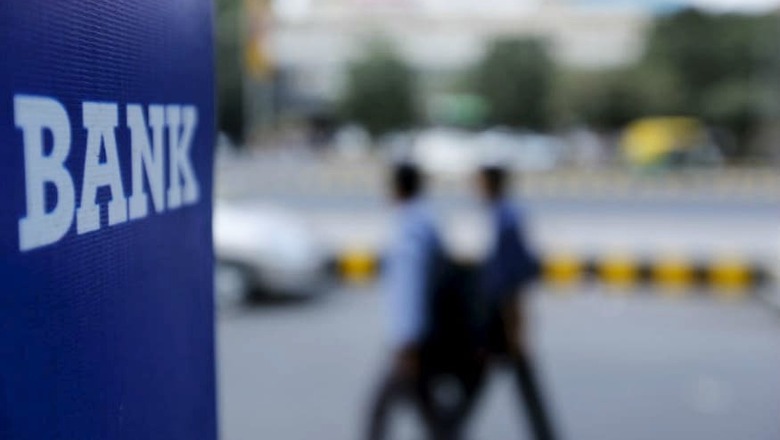
views
Banks have undertaken stress tests to assess the level of bad loans or non-performing assets (NPAs) caused due to economic slowdown triggered by the outbreak of COVID-19, sources said.
Since the quarter as well as the financial year has ended, it is prudent to undertake the stress test to have a better view of the financial health, banking sources said.
It is part of the routine process and no formal communication from the RBI to banks is required in this regard, sources added.
The exercise requires building and reporting worst-case scenarios on asset quality side and subsequent capital requirements, sources said, adding, it provides management and the regulator early warning about the financial health.
"Once accounts are red-flagged, it is imperative for banks to also then conclude it either ways in a reasonable period of time to ensure that appropriate actions are initiated," KPMG India partner (Financial Services Advisory) Sanjay Doshi said.
Also, he said, timely intervention in such accounts will enable banks to protect and ring-fence good business within the account so that it can fetch optimal recovery.
The Reserve Bank of India (RBI), which releases Financial Stability Report (FSR) twice a year, also gives an idea of stress test at the system level.
The last FSR report released in December, had said the gross non-performing asset ratio of banks may increase to 9.9 per cent by September 2020 from 9.3 per cent in September 2019.
"The stress tests indicate that under the baseline scenario, the GNPA ratios of banks may increase to 9.9 per cent by September 2020, due to change in macroeconomic scenario, marginal increase in slippages and the denominator effect of declining credit growth, it had said.
The report had said state-run banks' GNPA ratios may increase to 13.2 per cent by September 2020 from 12.7 per cent in September 2019, whereas for private banks it may climb to 4.2 per cent from 3.9 per cent, under the stress scenario.
Banks net non-performing assets (NNPA) ratio declined in September 2019 to 3.7 per cent, reflecting increased provisioning, it had said, adding the aggregate provision coverage ratio (PCR) of all banks rose to 61.5 per cent in September 2019 from 60.5 per cent in March 2019.
PCRs of both state-run banks and private banks increased in September 2019.
















Comments
0 comment